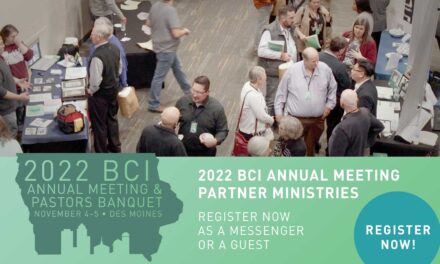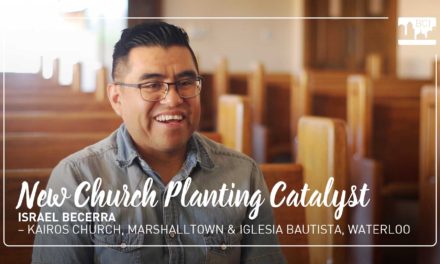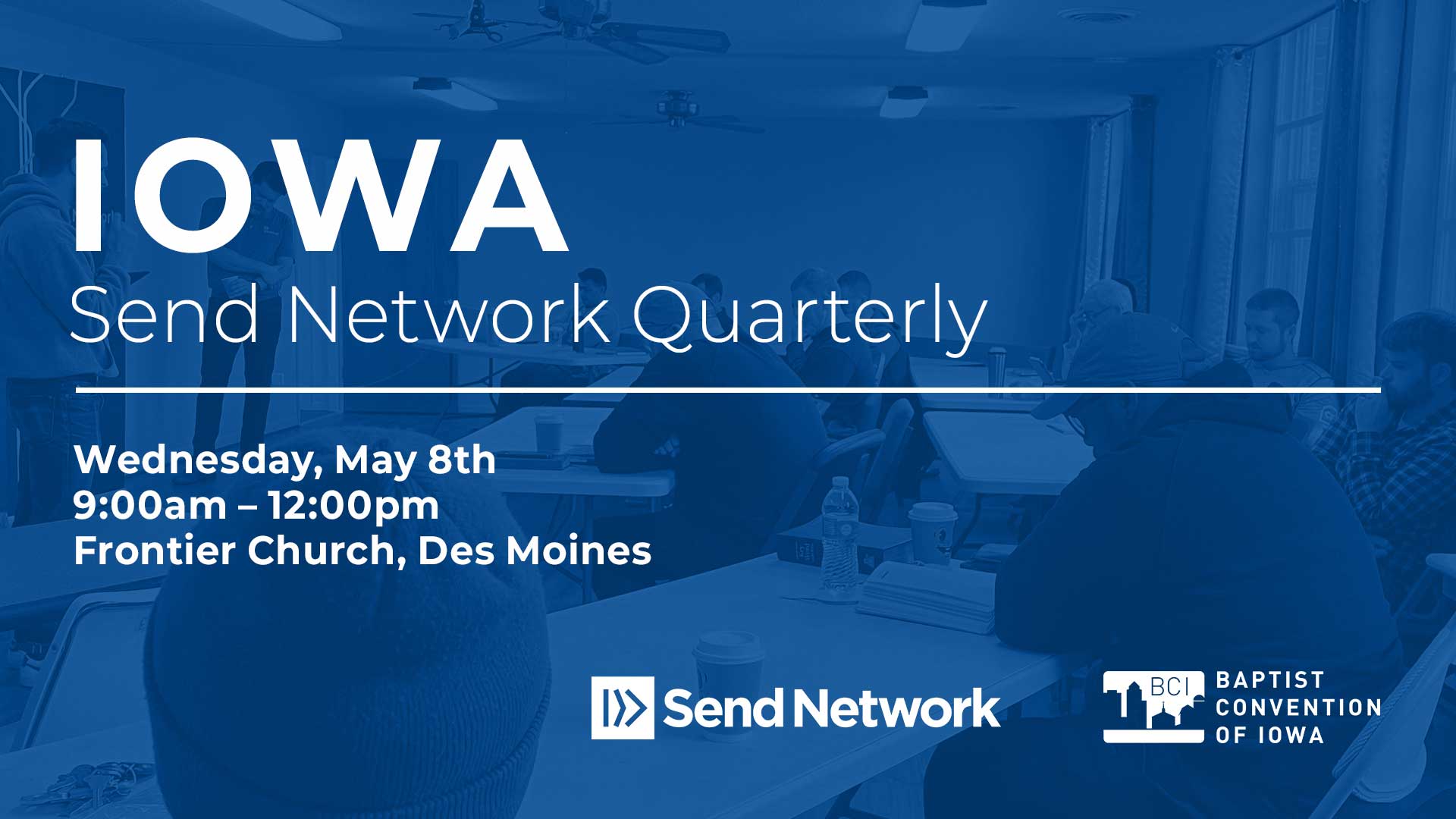by Ben Bradley, BCI Communications Director
As the worldwide pandemic stretches on, one sentiment that I see popping up over and over again is “Faith Over Fear.” It’s a short and catchy phrase that can provide much needed courage and comfort in challenging times. It is a good reminder that our faith is what is really important to God.
However, if not understood within a proper biblical theology, it could lead to immature thinking. Like a bumper sticker message that is out of context or oversimplified such that it obscures rather than clarifies the truth. “Let go and let God,” is an example of a phrase that originated as a genuine expression of faith but has long since lost any useful doctrinal clarity.
“GOD WILL TAKE CARE OF YOU”
If the sentiment of “faith over fear” is understood to simply mean that we can trust that God has and always will provide everything we need for “faith and godliness,” then we can all agree that this is good and right. “Fear” in this case is a lack of trust in God’s sovereignty and provision. Another word for this kind of fear is “worry.” Jesus said, “Therefore I tell you: Don’t worry about your life, what you will eat or what you will drink; or about your body, what you will wear. Isn’t life more than food and the body more than clothing?” (Matthew 6:25) There are so many things we could worry today but the truth of God’s word is that He will take care of you!
For church leaders, this extends to our local fellowships of believers as well. God will take care of you! The church is His body and His bride so we can fully trust that He is more concerned that we are for her health and well being. We must reject the fear that “this is the end.” Instead, we must have faith that God is building His Kingdom and that even the gates of Hell will not overcome it (Matthew 16:17-18).
“GOD WILL MAKE EVERYTHING GO BACK TO NORMAL”
However, my concern is that the expression “faith over fear” might hold a much different connotation. If the sentiment instead means that, if we just trust God, everything will go back to normal, then we are veering into dangerous territory. “Fear” in this case I believe is rooted in worry that the future will not be like the past or that we will lose the comfort and stability we have come to enjoy. This fear can be an indicator that one of our heart idols is being threatened. “I have faith that God will make my life comfortable again.” We want things to go back to what they were and it’s not hard to understand why. We have been blessed! It’s not surprising that we would want to regain what we feel we’ve lost. But the question we have to ask is, why do we want things to “return to normal?” The reality may be that we want to return to normal because we have made an idol out of comfort and stability.
This kind of thinking is dangerous because, at its heart, this is the prosperity gospel. And this can creep into anyone’s mind if we are not careful to rehearse the truth. I think it can be especially difficult to see this subtle “prosperity gospel” thinking when we are considering our churches. Our desire for our church to flourish is a good thing. However, it can very quickly shift into desiring, not that our church would be everything that God desires, but that we would be able to go back to “business as usual.” Are we primarily concerned with resuming our favorite program, event, activity, or worship style? Or are we concerned with fulfilling the Great Commission to make disciples of all nations? Are we so eager to return to normal because we were seeing so many unsaved people turning to Christ, being discipled in Christian community and sent out to make disciples in the world? Or is it because we had invested a lot of time and effort into a program that we enjoyed?
OUR AGENDA OR GOD’S AGENDA?
The problem with this subtle prosperity gospel thinking is that it puts our agenda at the center of the narrative instead of God’s agenda. God is not interested in preserving our comforts, but in developing our character to reflect Christ. That may mean that we go through brief periods or even extended seasons of discomfort, disappointment, or trial. In those times, rather than having faith that “God will make me comfortable,” we can instead have faith that “God will sustain me in the midst of discomfort.”
Likewise, in our churches, God is not ultimately interested in maintaining our mortgage or methods, but in fulfilling His mission. Fear may lead us to have “faith” that everything will go back to normal. But what if God doesn’t want us to go back to normal? What if His desire for the church is to break His church of the addiction to comfort and to forge a new dependence on Him?
Does responding in faith mean going back to the way things used to be? Or does it mean breaking out on mission with God to make disciples of all nations and storming the gates of Hell?
Have a BCI church story to share?
We love to share stories of BCI churches and draw attention to the work God is doing in our convention. Submit your story using the online form.










